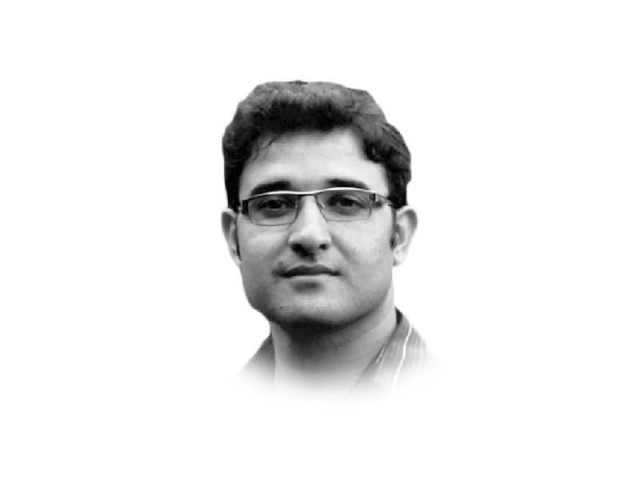Problems with electoral reforms
Generally, election reforms have always aimed at institutional improvement of ECP and its functional autonomy

The stabilisation of democracy in Pakistan considerably depends on the manner in which future elections will be held. In the past, vast disagreement has prevailed after each election. There have been allegations of rigging, distortion of election process by establishment, etc. All this has brought under question, the election process, and the functioning of the Election Commission of Pakistan (ECP).
To address these questions, reforms have been introduced in the past. Most recent of them being the Elections Act, 2017. Despite these, questions never ceased, and the dream of fair elections never came true. From a governance perspective, one might show concern towards political commitment of those introducing reforms. Nonetheless, each reform text obviously aimed at enhancing transparency in the process.
Generally, election reforms have always aimed at institutional improvement of ECP and its functional autonomy. Some parts of the reforms have focused on fairness in election and evaluation/counting processes. Efforts have been made to improve voter turnout as well.
The current debate on electoral reforms also revolves around similar patterns. As indicated by the PM’s aide on parliamentary affairs, election reforms are going to focus on fairness of election by introducing automated mechanisms of vote counting. This is fair but not enough.
One area to be considered, in order to make elections fair, is addressing factors that adversely affect voters’ behaviour. Shandana Khan in her book, Crafty Oligarchs and Savvy Voters, has detailed how kinship shapes voters’ behaviour and subsequently their choice. Clientelism being at the epicentre of Pakistani political system, reinforced by kinship and feudal lordship, does not allow voters to break off relations with their patron, even though this client-patron relationship has been instrumental in people’s underdevelopment. This very clientelism has been the cause of persistent undermining of merit on different occasions.
With the rise of social media, such videos have gone viral recently where political lords, who happen to be feudal lords as well, openly threaten people to vote for them. In this case, it becomes evident that it is not always the voters’ choice, rather it is the fear of being perished that voters tend to vote for certain people who appear in parliament consistently every five years. Alongside fearful feudal lords, it is sometimes the fear of religiously sacred personalities that possibly compels people to vote against their will.
As the current government intends to bring about reforms to the election system, it is the need of the time to question whether machines will help people in going against their kinship? Or will machines be able to dilute the fear caused by contextual factors?
The answer, in my opinion, is no. In India, it has been long since electronic voting machines (EVMs) have been introduced. Have people in India been able to elect a fair government which is not corrupt? In some ways yes, but majorly, no! Because rural voters vote under fear. Whereas, in the UK, the voting system is manual, but elections are fair.
In Pakistan, as the government plans to bring about reforms, thinking about rural communities living under different patronages is necessary. It is true that using modern means of voting, to some extent, ensure fairness and transparency in elections. But it is not sufficient to ensure people’s willing choice as opposed to their fear. One might ask: can a reform truly influence voters’ behaviour? It is indeed a hard question to answer. But one thing the government can do is minimise influence of lordships over voters.
In sum, no electoral reform can ensure people’s choice in the context of Pakistan where feudal and religious lords prevail, unless the government curtails the control of fearful over voters. But how? This is the question the government should concern itself with while thinking about electoral reforms.
Published in The Express Tribune, May 26th, 2021.
Like Opinion & Editorial on Facebook, follow @ETOpEd on Twitter to receive all updates on all our daily pieces.
















COMMENTS
Comments are moderated and generally will be posted if they are on-topic and not abusive.
For more information, please see our Comments FAQ